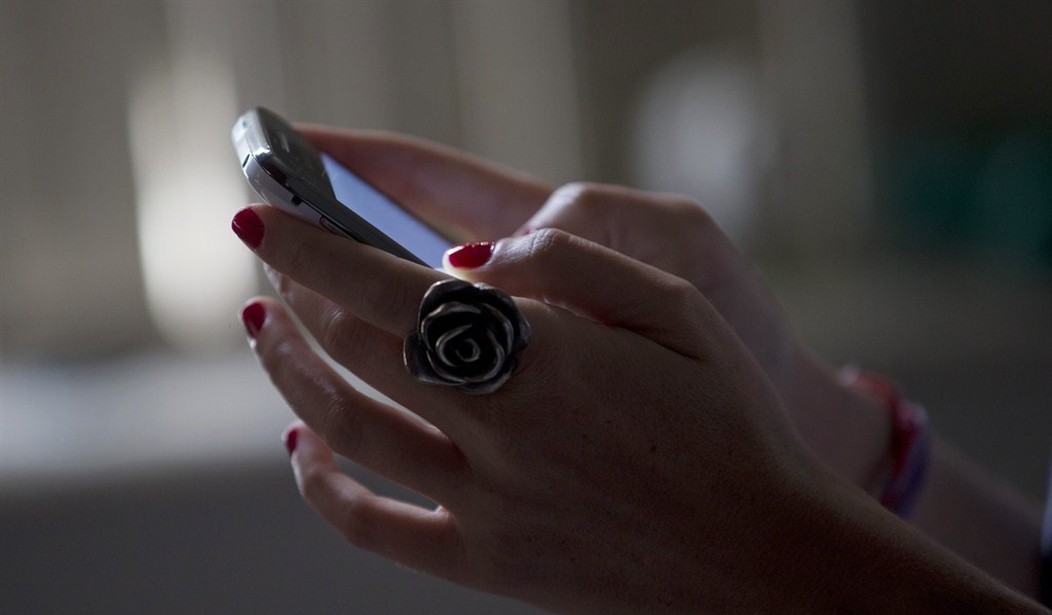The Supreme Court heard oral arguments Tuesday concerning the legality of policemen searching an arrested citizen’s cellphone without a warrant. The two cases, Riley v. California and United States v Wurie, solicited an hour each.
The AP reported:
"People carry their entire lives on their cellphones," Justice Elena Kagan said.
The court heard arguments in cases involving a drug dealer and a gang member whose convictions turned in part on evidence found on their cellphones.
The justices suggested they might favor limiting warrantless cellphone searches to looking for evidence of the crime on which an arrest is based. Both defendants could lose in such an outcome.
But such a ruling would allow the court to avoid subjecting people arrested for minor crimes to having all the contents of their cellphones open to police inspection.
If police should arrest someone for driving without a seatbelt, Justice Antonin Scalia said, "it seems absurd that they should be able to search that person's iPhone."
Recommended
The Fourth Amendment protects individuals from “unreasonable searches and seizures” when a warrant is not presented. This is a basic privacy right. Cell phones are highly personal items with direct access to photographs, notes, emails, and even bank accounts. At the same time, these devices could reveal calls, email threads, and imperative information in pressing cases where obtaining a warrant could jeopardize the public safety.
According to Justice Anthony M. Kennedy in Riley v. California, the Court is merely seeking “some standard on where we draw the line.”

























Join the conversation as a VIP Member